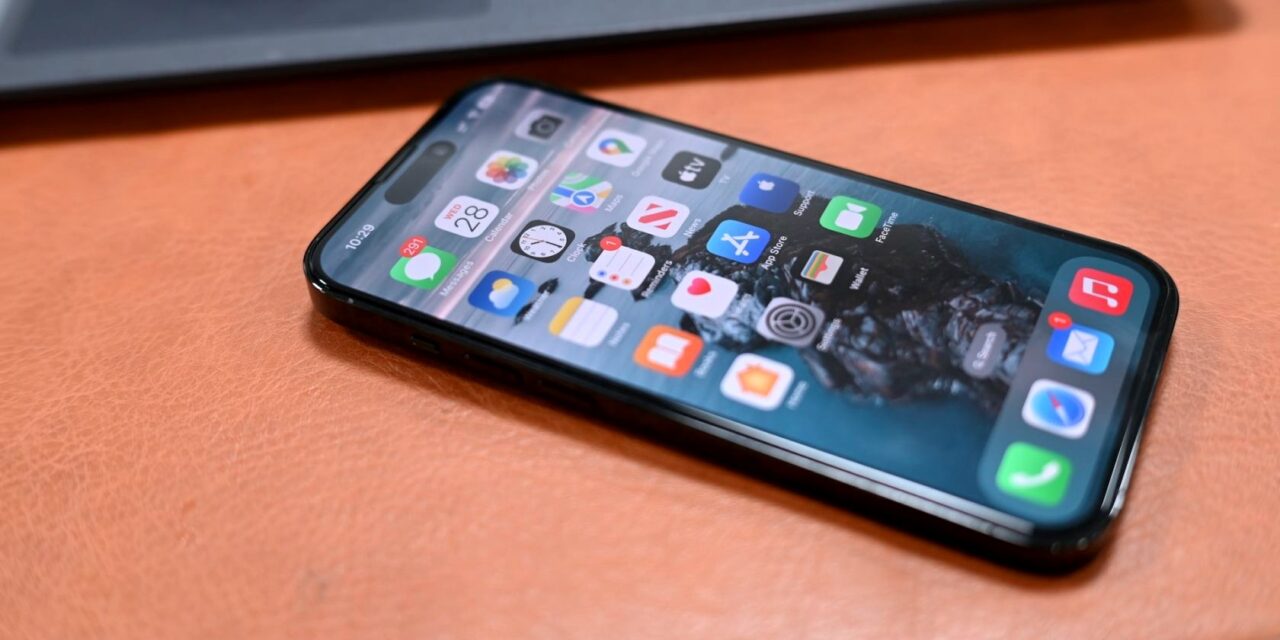Key Points to Note:
Reports from iPhone 14 users indicate notable deterioration in battery health after just one year of standard use, with drops as low as 85 percent reported.
Potential culprits for this issue include the always-on display feature and wireless charging, both observed to impact battery health adversely.
To safeguard battery health, users are advised to disable the always-on display, utilize Low Power Mode, avoid prolonged charging, and activate Optimized Battery Charging.
Have you observed accelerated battery health decline in your iPhone 14 or iPhone 14 Pro after prolonged use? Many users have reported similar issues online. Here’s an overview of the battery problems associated with the iPhone 14.
Battery Health Concerns Raised by iPhone 14 Users
Several months post the iPhone 14 launch, users began noticing rapid deterioration in their device’s battery health. Reports surfaced on platforms like Reddit, X (formerly Twitter), and other social media, showcasing screenshots illustrating substantial drops in battery health within a year of typical usage.
Reports varied, with some users noting declines to 90 percent, and more extreme cases indicating drops as low as 85 percent. Surprisingly, even iPhones bought on launch day reportedly did not maintain 100 percent battery health.
Despite the iPhone 14 Pro’s anticipated longer battery life, owing to a slightly larger battery, real-world usage observations suggested that the iPhone 13 Pro outlasts it. This departure from past experiences was noted even by avid Apple enthusiasts who frequently upgrade their devices.
As iPhones employ lithium-ion batteries, their charge retention diminishes with chemical aging. Apple states that a standard iPhone battery is designed to preserve up to 80 percent of its original capacity after approximately 500 charge cycles under normal conditions, equating to an average lifespan of around two years.
Why is the iPhone 14 Experiencing Rapid Battery Health Decline?
Given the absence of direct responses from Apple on this matter, the exact cause of the swift decline in iPhone 14 battery health remains speculative.
The introduction of the always-on display in the iPhone 14 Pro and Pro Max models, enabled by default, is a potential contributor. This feature dims the Lock Screen and lowers the refresh rate to as low as 1 Hz when the iPhone is idle. While the always-on display has its merits, it appears to significantly impact battery life.
Wireless charging is also under suspicion for contributing to the accelerated battery degradation in the iPhone 14. Users employing wireless chargers have reported faster declines in battery health compared to those using traditional methods.
Ultimately, the longevity of each device’s battery life depends on various factors such as daily usage and charging frequency. However, given the widespread nature of this issue, it appears to be more than an isolated incident and could be indicative of a design flaw.
Preserving Your iPhone 14’s Battery Health
If your iPhone 14’s battery health has already suffered, two options are available: opt for a battery replacement or focus on preserving the remaining battery health. Apple stipulates that devices with a battery health capacity exceeding 80 percent do not qualify for in-warranty replacement, considering a certain degree of battery degradation as normal.
Even with an AppleCare+ plan, unless the battery health drops below 80 percent within the warranty period, a $99 fee is required for battery replacement.
To maintain battery health without additional costs, consider turning off the Always-On display on the iPhone 14 Pro. Additionally, use Low Power Mode, avoid extended charging periods, and enable Optimized Battery Charging to slow down charging beyond 80 percent.
Call for Apple to Address iPhone 14 Battery Issues
The significant battery health decrease observed by hundreds of iPhone 14 users within months of regular use is undoubtedly a cause for concern. Given the scale of the problem, it is hoped that Apple addresses this issue in newer devices and provides free battery replacements for existing iPhone 14 owners.






Recent Comments